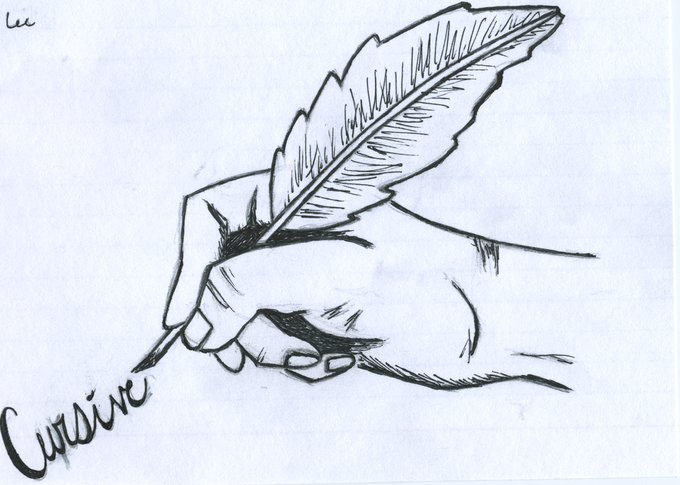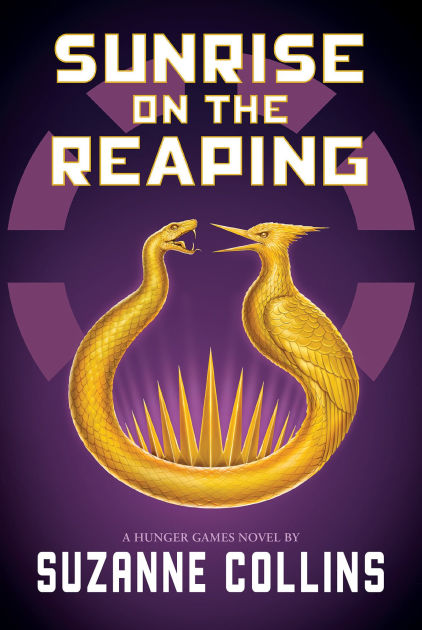Cursive in a postmodern world
May 23, 2017
The Illinois State Legislature recently signed into law a bill that requires cursive to be taught at the elementary and high school levels. One of the foremost reasons for the law is fear that young people can no longer read the cursive calligraphy used to pen the great documents of our nation, including the Declaration of Independence and the Constitution. But this ignores the underlying problem of a pervasive lack of understanding of these works. Perhaps cursive is illegible to the younger generation of American citizens, but due to the corruption of social studies curriculums and general disdain for the past, the disappearing respect for the ideas written into that cursive is a far more dire problem.
Trying to fix this generation’s attitudes by improving cursive literacy is a symptom of our postmodern society. “Postmodernism is difficult to define, because to define it would violate the postmodernist’s premise that no definite terms, boundaries, or absolute truths exist,” explains allaboutphilosophy.org. Postmodernism is a philosophical school of thought characterized by an attitude of skepticism and irony while rejecting enlightenment ideals of absolute truth and the grand narrative of good and evil. In pop-culture, it is manifested in the movie and character of Deadpool. Though “Deadpool” is entertaining, it is not exactly the fresh twist on the superhero genre it was lauded to be. Rather, it ironically imitates the past or well-used tropes in a superficial way, unable to derive meaning from or improve upon that which it mocks.
While not intended as a form of mockery, the law requiring cursive to be taught in high school so that students can understand history makes clear the unconscious effect this world view is having on society. It is like the difference between hearing and listening, knowing and understanding. Being able to read the surface of original documents does not make up for the apologist and weak notion of American history taught in classrooms since the end of the 1980s. What American high schoolers need are strong courses in civics, Western heritage, the Constitution, and their shared history as co-patriots.
Many left-wing radicals reject these subjects as institution of white supremacy, misogyny and eurocentricity. They reject all patriotism as nationalism and call any praise of America indoctrination. They insist on focusing on and celebrating only what divides the American people. If this is what our culture is doomed to be, the United States may soon no longer have that innovative and imaginative spark with which we gained prestige on the world stage.
Our country exists in a precarious position; there is no “us” without a cohesive ideology. Other nations would exist without their political boundaries: for example, the French people would still exist without the the Republic of France, as would the Anglo-Saxons should Britain cease to be. They are bonded by blood and tribal relations and culture going back to a time out of mind. But America is a beautiful patch-
work of nationalities and ideologies that without the stitching of a common belief in liberty and justice for all (even those whom one disagrees with) would unravel.
The point is we need a deep understanding of those documents on which our republic is based, but simply being able to read cursive isn’t going to make that understanding happen. Yet in an odd way, the postmodern dilemma in which we find ourselves valuing the aesthetics of the past more than its meaning is a sign of secure and comfortable society. This philosophy reflects a culture that doesn’t know what to do with itself – the thought being “we won, now what?” It is an endless cycle of self-reference for the sake of self-reference, unable to create anything new, but it only exists because existential threats have become so distant that life itself seems limitless.
But life is not limitless, and the cynicism and ironic distance with which society looks at itself must end at some point. We mustn’t allow a hipster culture of fabrication (for hipsters are the children of postmodernism) to consume the soul of the West. To combat that, we must go back to basics : find goodness, truth, beauty and meaning in the past as well as the present. Learn to read and write cursive because it is a beautiful way to write, and learn history so that humanity’s milestones may be appreciated and its mistakes looked upon with renewed caution.








